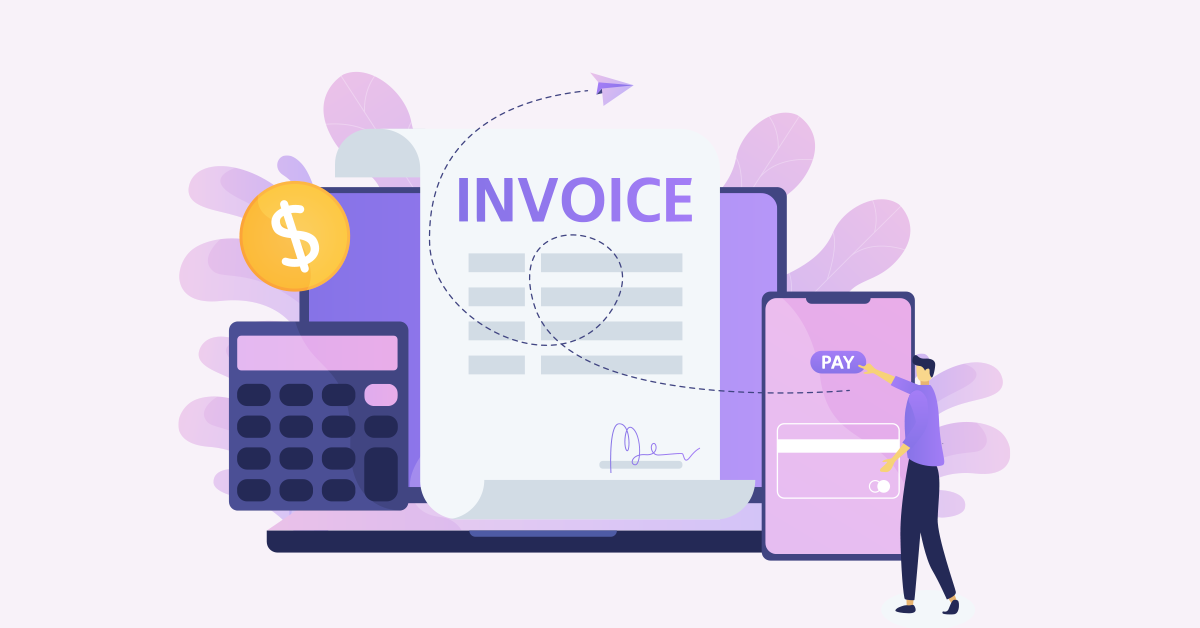Attorney time and billing software helps law firms better manage their billing process by assisting with time tracking, invoice generation, expense monitoring, collections, and more. Timekeeping software for lawyers offers features that typical accounting software does not — features essential for compliance in the practice of law, such as monitoring
Attorney time and billing software can cost around $30 per month per user to hundreds of dollars per month per user, depending on the provider. There are a variety of legal e-billing vendors to choose from, each with their own sets of features, all of which are around a similar
The best attorney time and billing software supports the natural rhythm of your practice: accurately tracking hours, sending polished invoices, and getting you paid on time without taking more of your time. In the practice of law, a few minutes can be the difference between profitability and burnout. Every tool
It’s the end of a long day at your firm. Your associate stares at their laptop, trying to piece together how they spent the last ten hours. Court appearances, client calls, research, drafting — what was billable? What wasn’t? Across the office, a paralegal flips through their notes, trying to
Legal time tracking software is the best way for lawyers to track their time. This software specifically caters to the complex nature of billable hours, with numerous features to help you organize your time and quickly generate accurate invoices. And the best legal time tracking software will be one that’s
Legal time tracking software is typically how lawyers calculate their billable hours and keep track of everything. According to the American Bar Association, nearly 9 out of 10 firms were already using time tracking software by 2021, and for multiple reasons. The complex nature of time tracking requires methods that



